Data analytics has emerged as a game-changer in various industries in recent years, and Indian agriculture is no exception. With a vast majority of the population dependent on agriculture for their livelihood, leveraging data analytics has become crucial for better decision-making in this sector.
According to a new report by MarketsandMarkets, the agricultural analytics market size is estimated to grow to USD 2.5 Billion by 2028 from USD 1.4 Billion in 2023, globally, at a CAGR of 13.1%. The availability and analysis of agricultural data provide valuable insights that can significantly enhance productivity, optimise resource allocation, and mitigate risks.
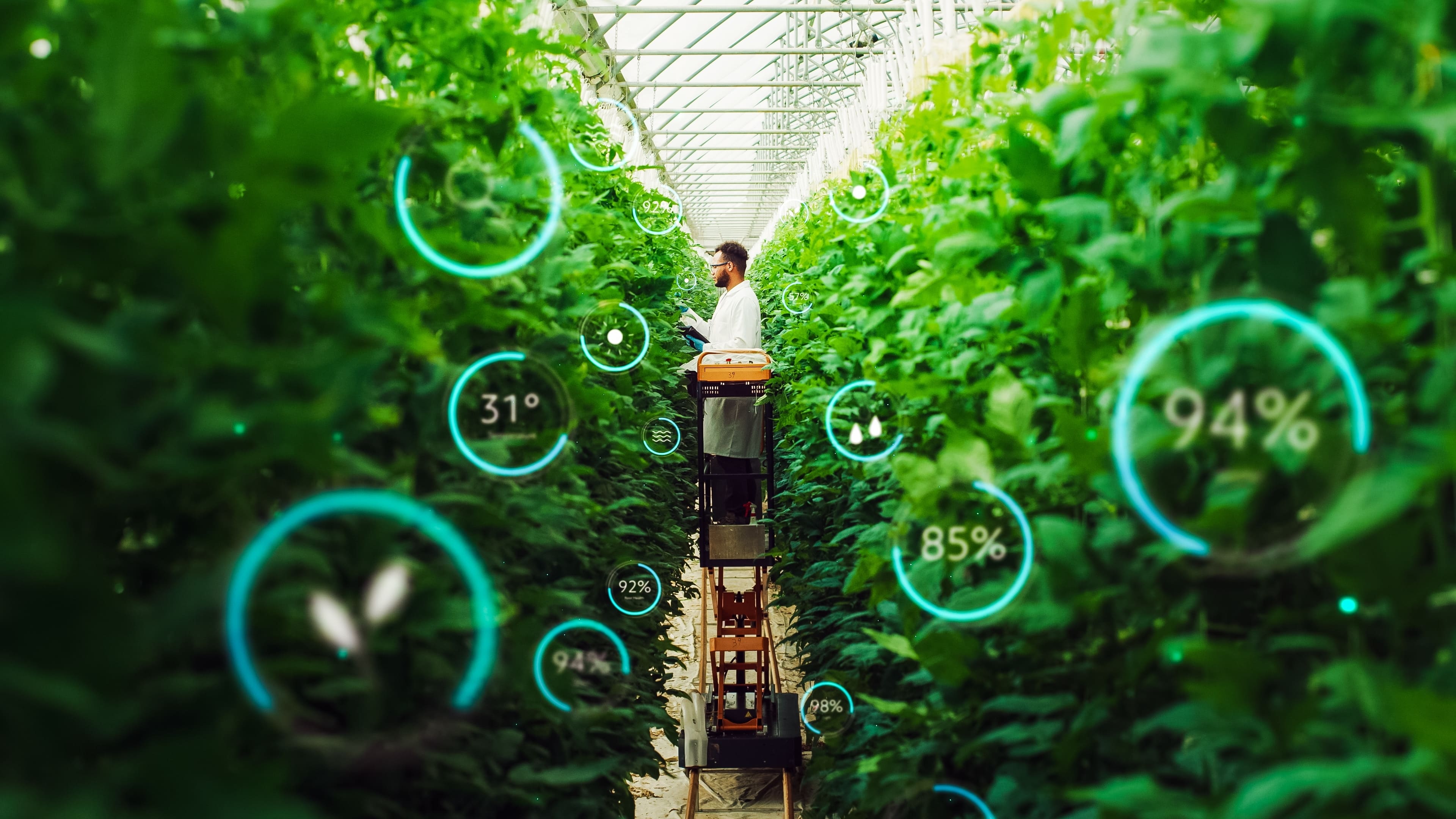
Let’s delve into the importance of data analytics in Indian agriculture and how it can pave the way for better and more efficient decision-making.
- Farmers can gain valuable insights into the most suitable crops, optimal planting and harvesting times, and appropriate resource allocation by analysing historical and real-time data on weather patterns, soil quality, pest infestations, crop yields, market prices, and consumer demand.
- Through data analysis, farmers can identify areas of inefficiency, such as overuse or underutilisation of inputs like water, fertilisers, and pesticides. By optimising resource allocation based on data-driven insights, farmers can reduce costs, minimise environmental impact, and enhance overall agricultural sustainability.
- Also, data analytics enables identifying and managing risks in agricultural activities. Early detection and timely intervention can save crops from damage, prevent losses, and ensure food security. Furthermore, insurance companies and financial institutions can also leverage data analytics to develop risk management tools and customised insurance products, providing a safety net for farmers.
- Additionally, by analysing large datasets, researchers can identify patterns, correlations, and trends that can be used to develop new farming techniques, improve crop varieties, and enhance agricultural practices. This can lead to adopting precision farming techniques, intelligent irrigation systems, and other innovative technologies that optimise resource use and increase agricultural productivity.

Conclusion
Data analytics is crucial in Indian agriculture by providing valuable insights for better decision-making. Agricultural data analysis empowers farmers to make informed choices, optimise resource allocation, mitigate risks, and drive innovation. By harnessing the power of data analytics and more advanced technological solutions, agribazaar is making Indian agriculture more efficient, sustainable, and resilient, ensuring food security, improving livelihoods, and contributing to the overall growth of the nation’s economy.

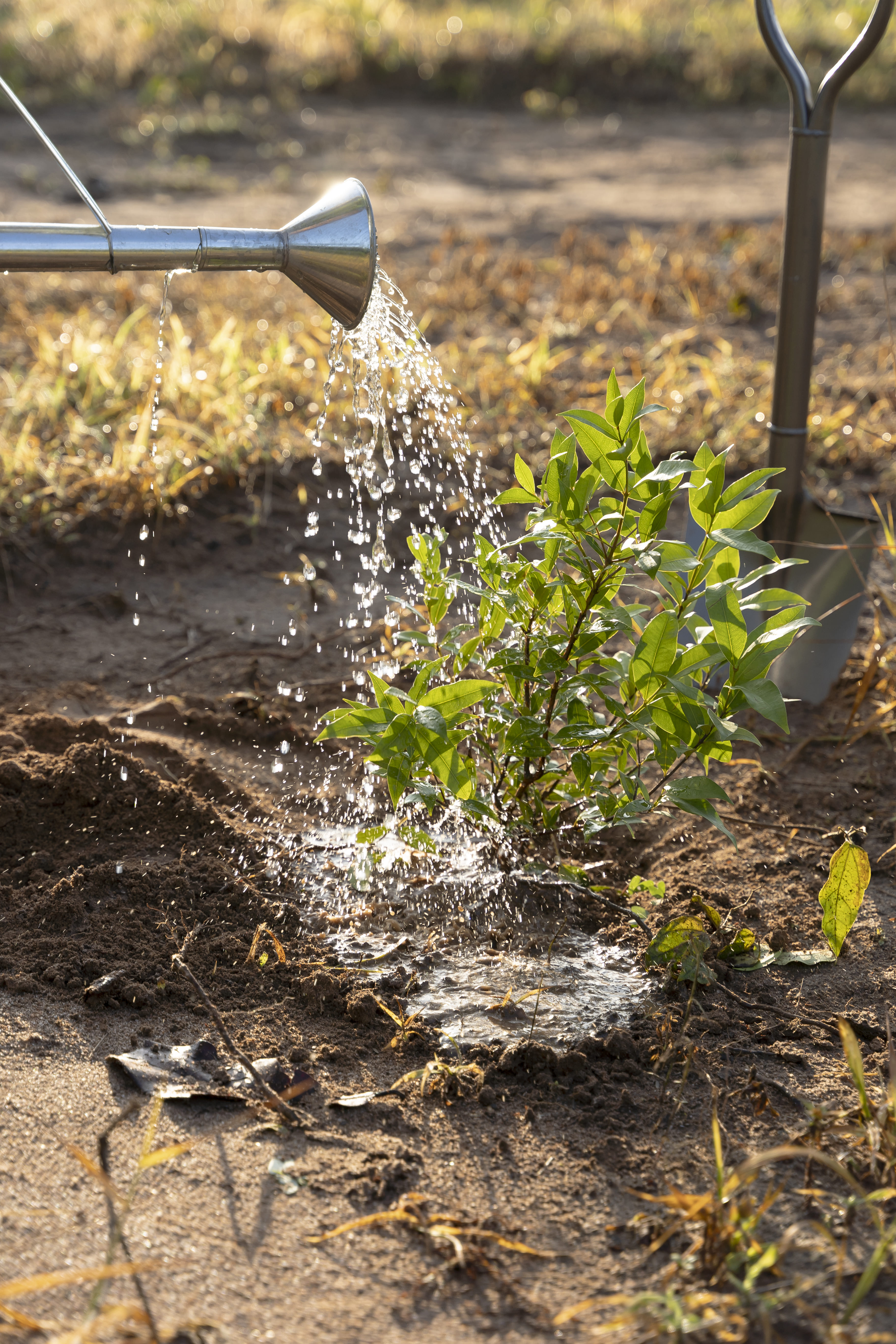

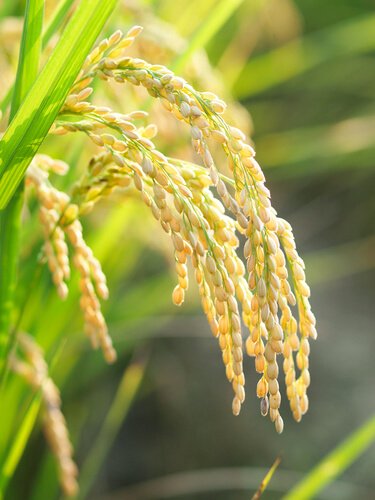
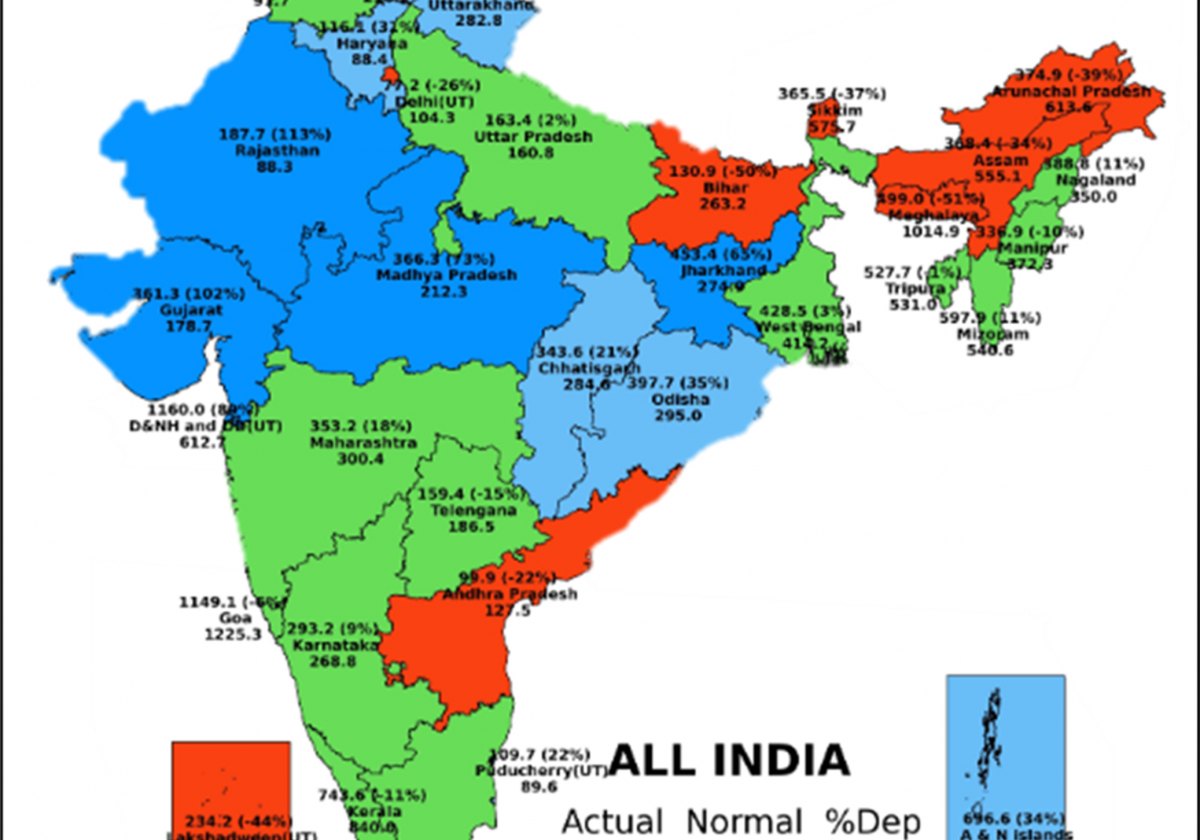

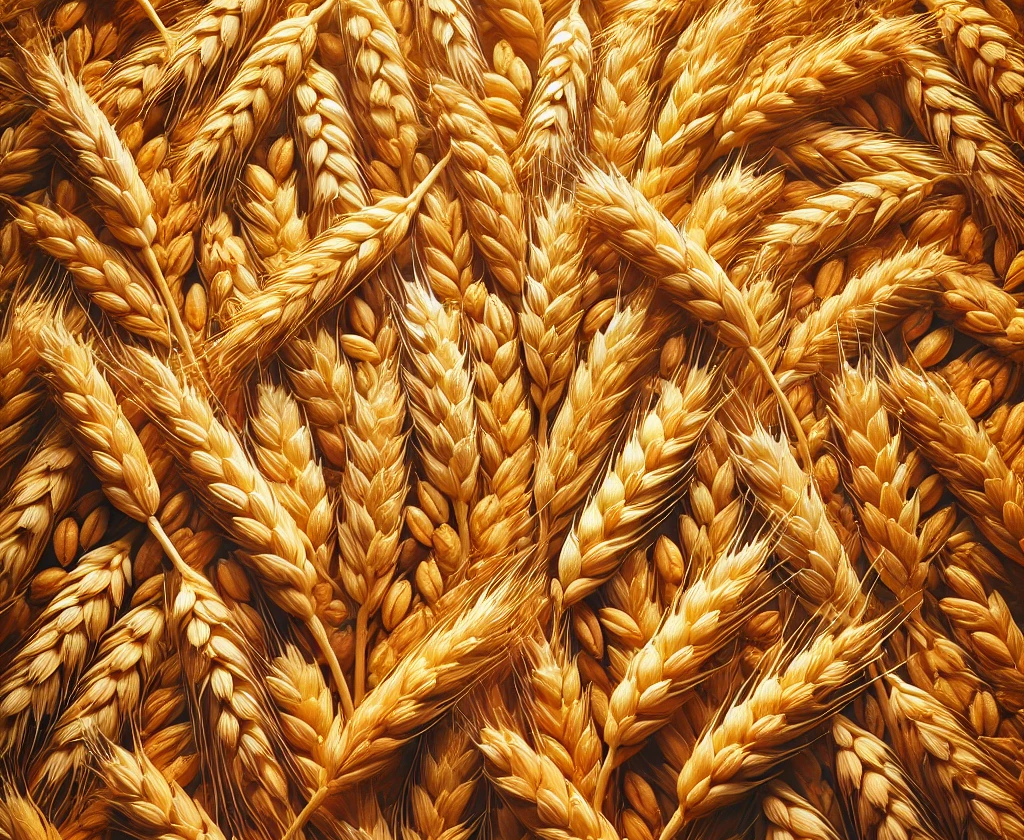
 Connect With Us
Connect With Us